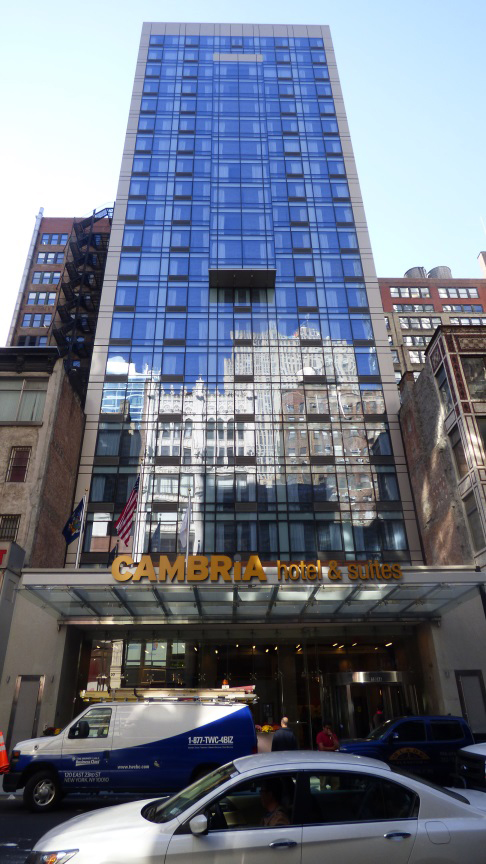News:
Green Buildings
Posted: January 28, 2013
Timeline Alert - Local Law 87 mandated 2013 energy audits
"Covered" buildings located on a block that ends in a "3" must comply in 2013 with Local Law 87 Energy Audit and Retro-Commissioning requirements. The DOB filing deadline is December 31st. Buildings with 2013 or even 2014 deadlines need to start doing their "timeline" math now. December may seem like a long time away, but once you analyze the sequence and the complexity of the compliance process, you will want to get started.
While the Energy Audit and Retro-Commissioning Reports may be a governmental requirement, these reports can be a valuable management tool. Consider an Energy Audit Report as your strategic road map to achieving a 20% to 35% reduction of utility costs. The process starts with an energy audit, which will include a complete inspection of the building envelope along with an analysis of the heating, air conditioning, lighting systems and water usage.
Quality counts. The quality of your Energy Audit Report has a direct correlation as to its economic value to building ownership. The economic value of your Audit Report is the total cash savings actually realized following implementation of the energy and water savings measures included in the report. It is important to remember that these energy saving recommendations will be based on the consulting engineer's inspections and data collection. Therefore, it is important that the consulting engineer conduct the audit process under optimum conditions. The quality and accuracy of the data collected will have a direct impact on the quality of the recommendations included in the report.
Now go back to "timeline" calculations. Think through the data collection process and then consider "optimum conditions." Tests and analysis of a boiler and the heating system are best performed during the heating season, when the boiler is in operation under a load. Analysis of domestic hot water is best performed in the summer when there is no call for heat. Chiller plant data should be collected during the summer months. Considering just these few examples, it quickly becomes apparent that "optimum conditions" include both summer and winter. Start now and your heating system can be tested and analyzed during the colder weather. Start later and your chiller and related equipment can be analyzed in the summer, but where does that leave your heating system? Bottom line for your "timeline" - you need to start, and you need to start now.
George Crawford is a principal at NYG Green Partners, New York, N.Y.
Tags:
Green Buildings
MORE FROM Green Buildings
IREON Insights: DURA Architectural Signage manufactures and delivers over one million signs
Long Island City, NY Since its founding in 1955, IREON member DURA Architectural Signage has proudly manufactured and delivered more than one million signs to clients across a wide range of industries. From architectural interior signage to large-scale exterior installations, their work can be seen in corporate

Quick Hits







.gif)

.gif)
.jpg)
.gif)